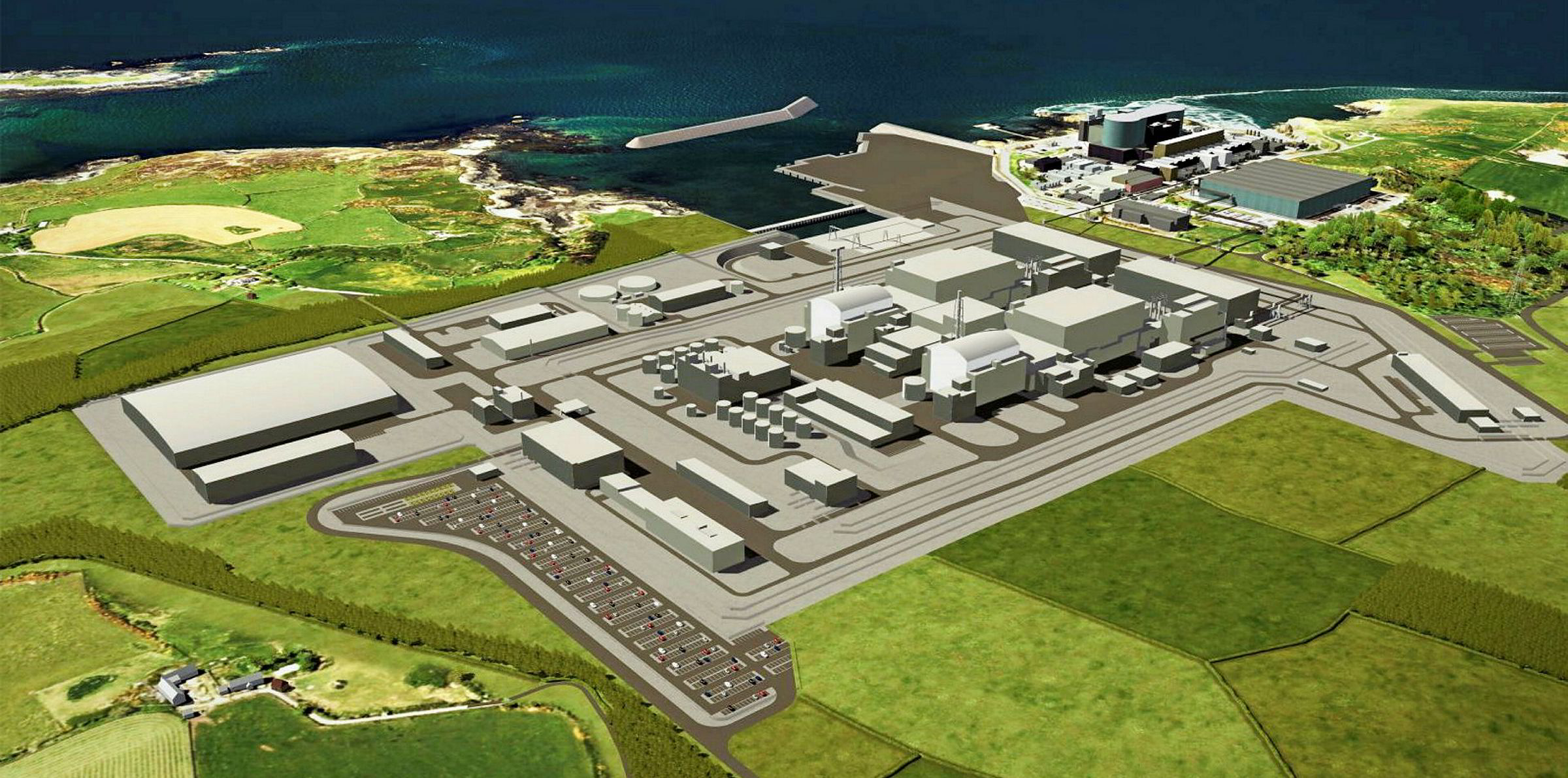The UK may have to shift its energy strategy towards increased use of renewables after another planned nuclear project was shelved on Thursday, leaving a huge shortfall in electricity supply in the next decade.
The Japanese conglomerate Hitachi, which owns the 2.9GW, £16bn ($20.6bn) Wylfa Newydd project in north Wales, indefinitely suspended work on the plant due to the high financial risks involved.

